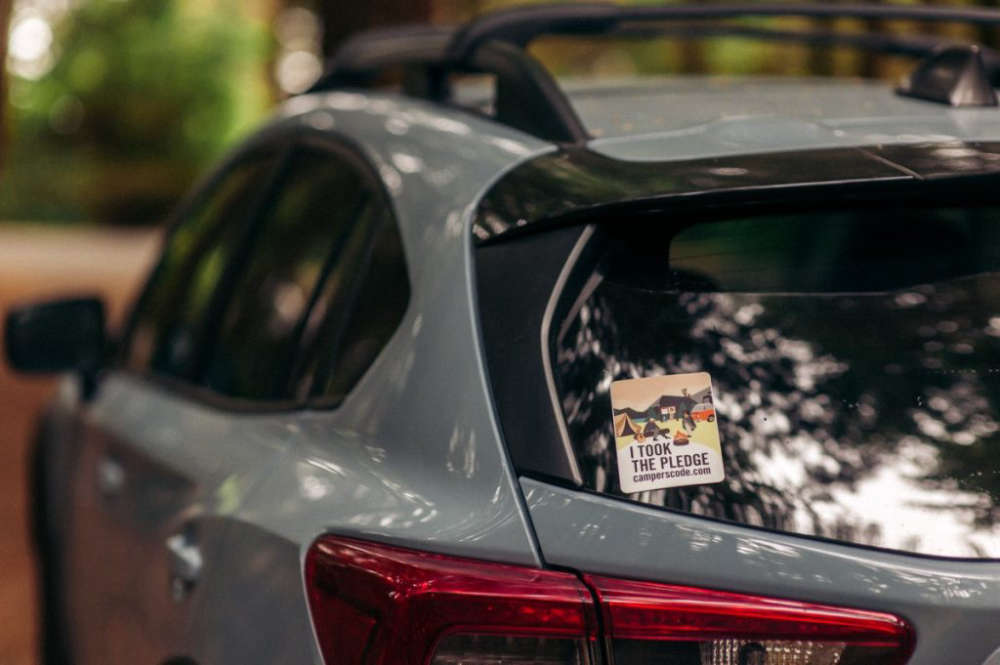
As British Columbians join other Canadians in celebrating Parks Day tomorrow, BC Parks is encouraging everyone to take the pledge to follow the Camper's Code to help ensure parks continue offering people enjoyable opportunities to connect with nature.
As British Columbians join other Canadians in celebrating Parks Day tomorrow, BC Parks is encouraging everyone to take the pledge to follow the Camper's Code to help ensure parks continue offering people enjoyable opportunities to connect with nature.
A national day of recognition, Parks Day is a time to reflect on the importance of parks and to appreciate how they support health and well-being, maintain healthy ecosystems, sequester carbon, and provide habitat for a wide variety of plants and animals.
The Camper's Code was developed by a dozen B.C.-based organizations that recognize everyone can play a role in creating a safe, enjoyable, respectful camping experience for all.
The code includes pledges to pack out garbage to help keep parks clean, respect other campers enjoying the sounds of nature, and keep a clean campsite to avoid attracting wildlife.
The Chair of the Camping and RVing BC Coalition, Joss Perry, says there has been a rapid increase in new campers across the province, but not everyone knows how to camp responsibly.
The Camper's Code also emphasizes the importance of trip planning, knowing, and staying within your limits, and packing essential items such as a flashlight, first aid kit, extra food, water, and clothing.
To learn more about the Camper's Code, visit https://www.camperscode.com/
Canada's Parks Day is held on the third Saturday of July every year.
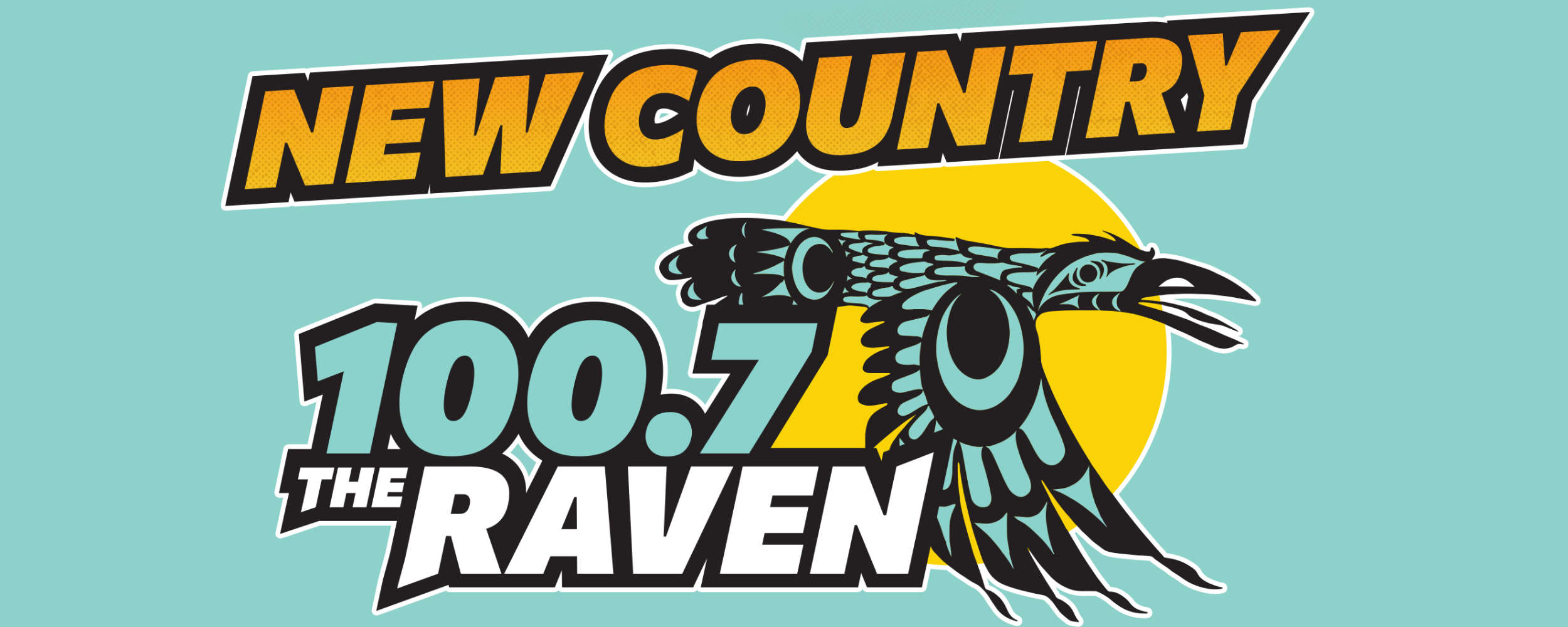
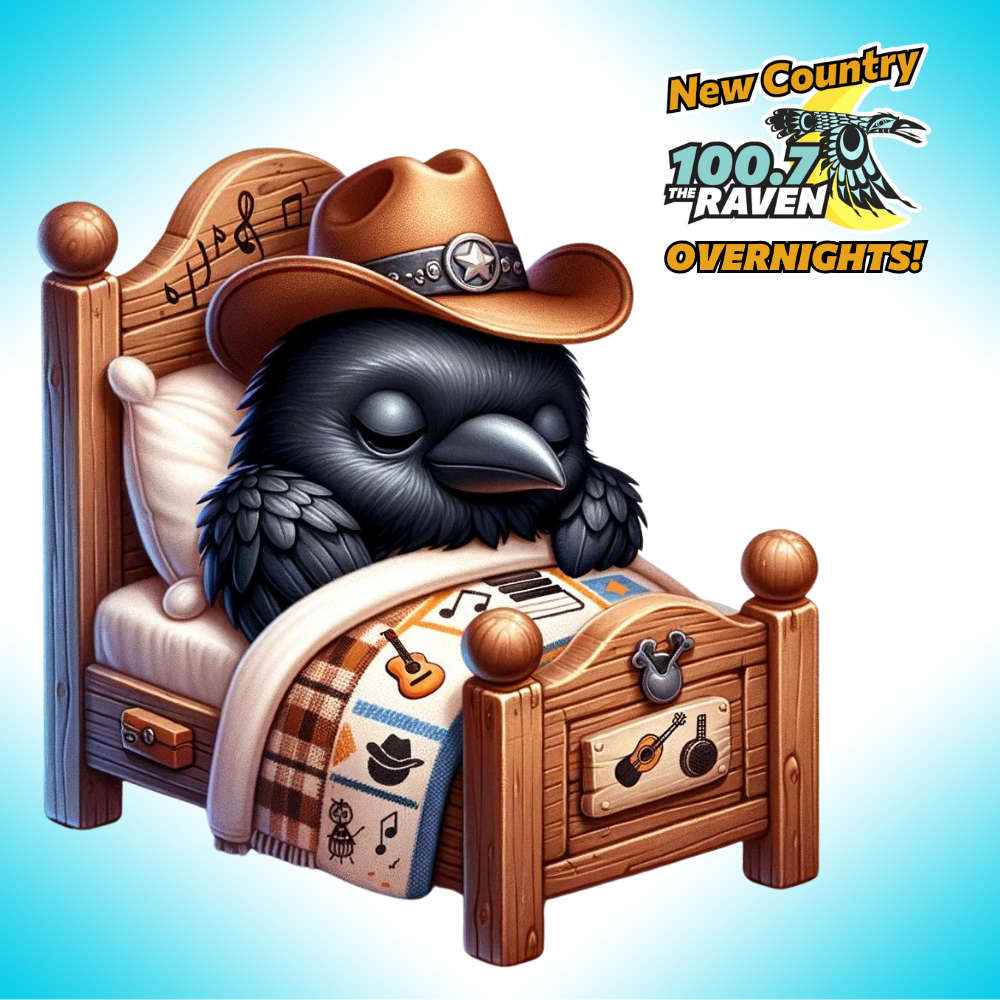
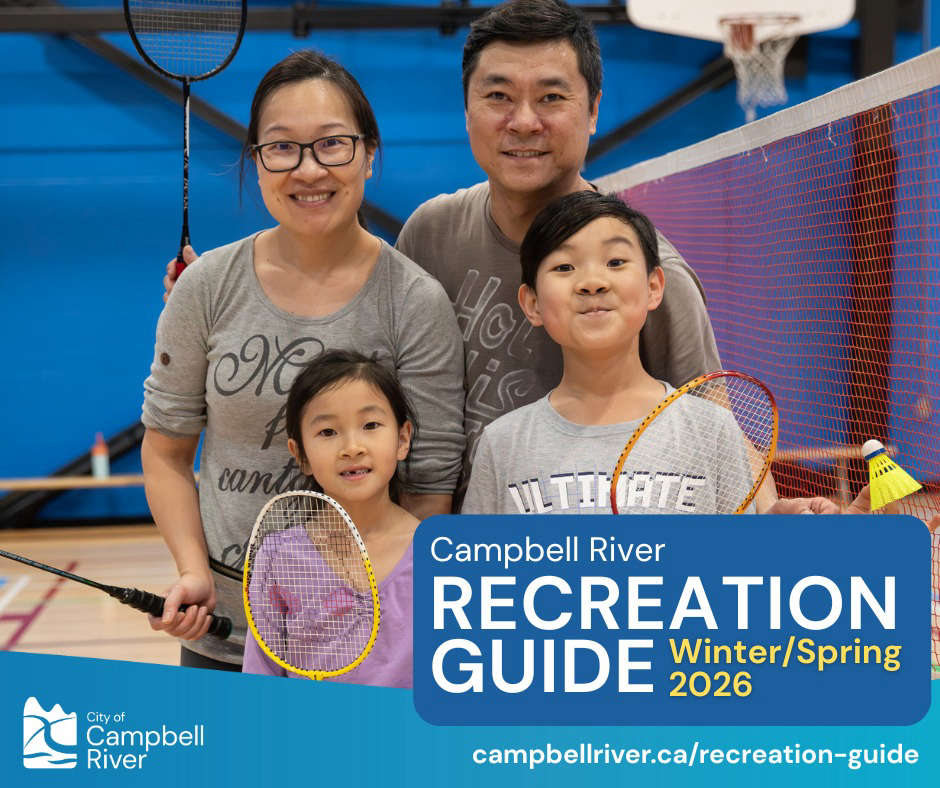 Campbell River Winter/Spring Recreation Registration Begins Today
Campbell River Winter/Spring Recreation Registration Begins Today
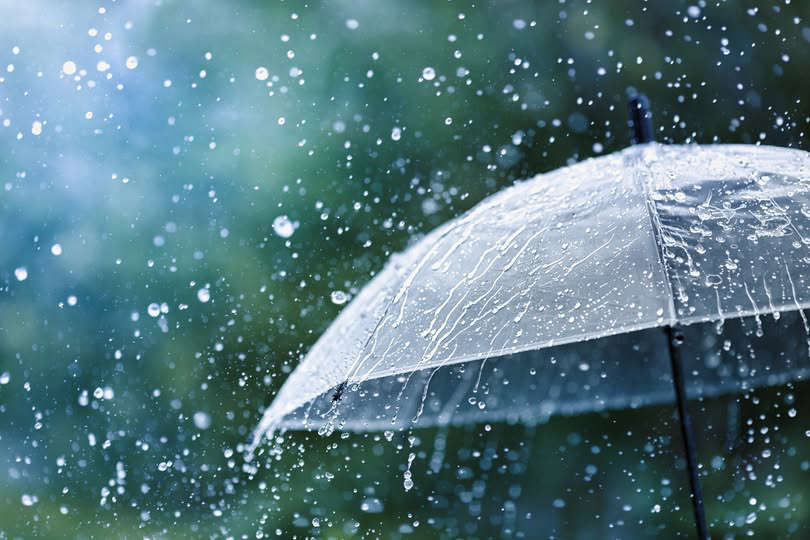 Residents Urged To Stay Alert As Heavy Rain Continues On Vancouver Island
Residents Urged To Stay Alert As Heavy Rain Continues On Vancouver Island
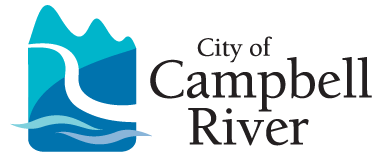 Campbell River Council Moves Forward On Nuisance Property Bylaw
Campbell River Council Moves Forward On Nuisance Property Bylaw
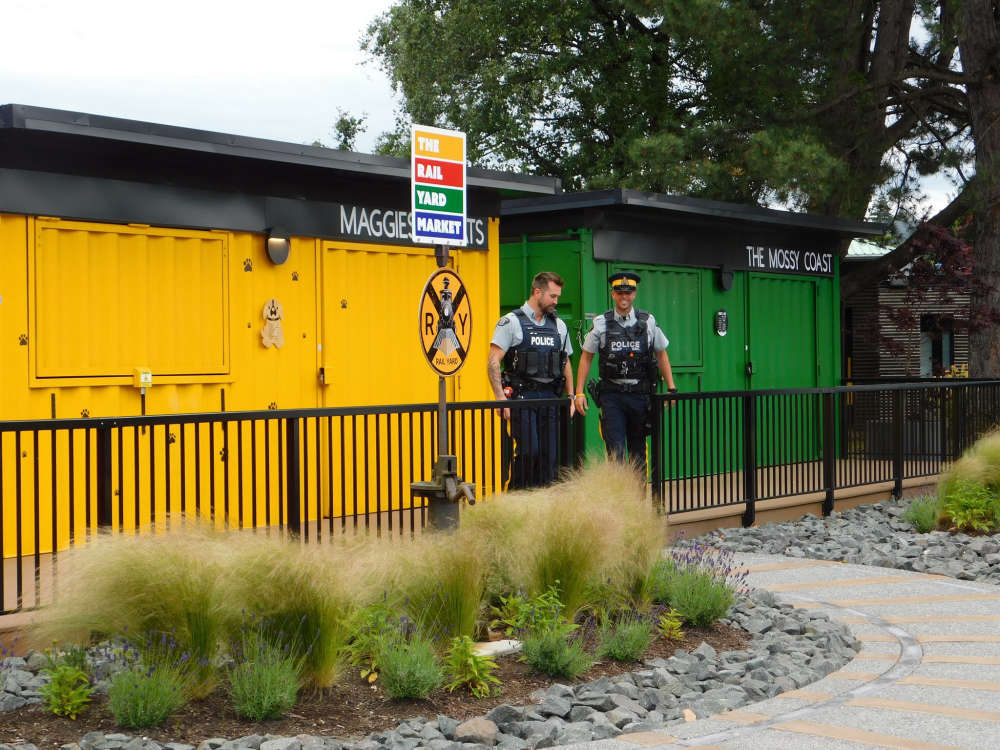 Lower Property Crime, Fewer Police Calls Reported In Crime Statistics Update
Lower Property Crime, Fewer Police Calls Reported In Crime Statistics Update
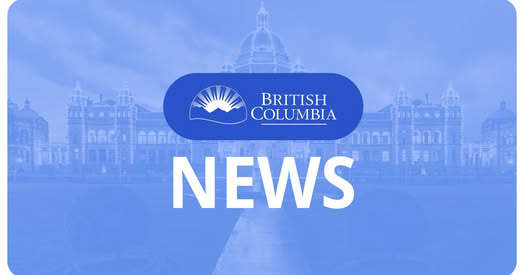 Provincial Health Officer Urges Immunization Ahead Of Holiday Season
Provincial Health Officer Urges Immunization Ahead Of Holiday Season
